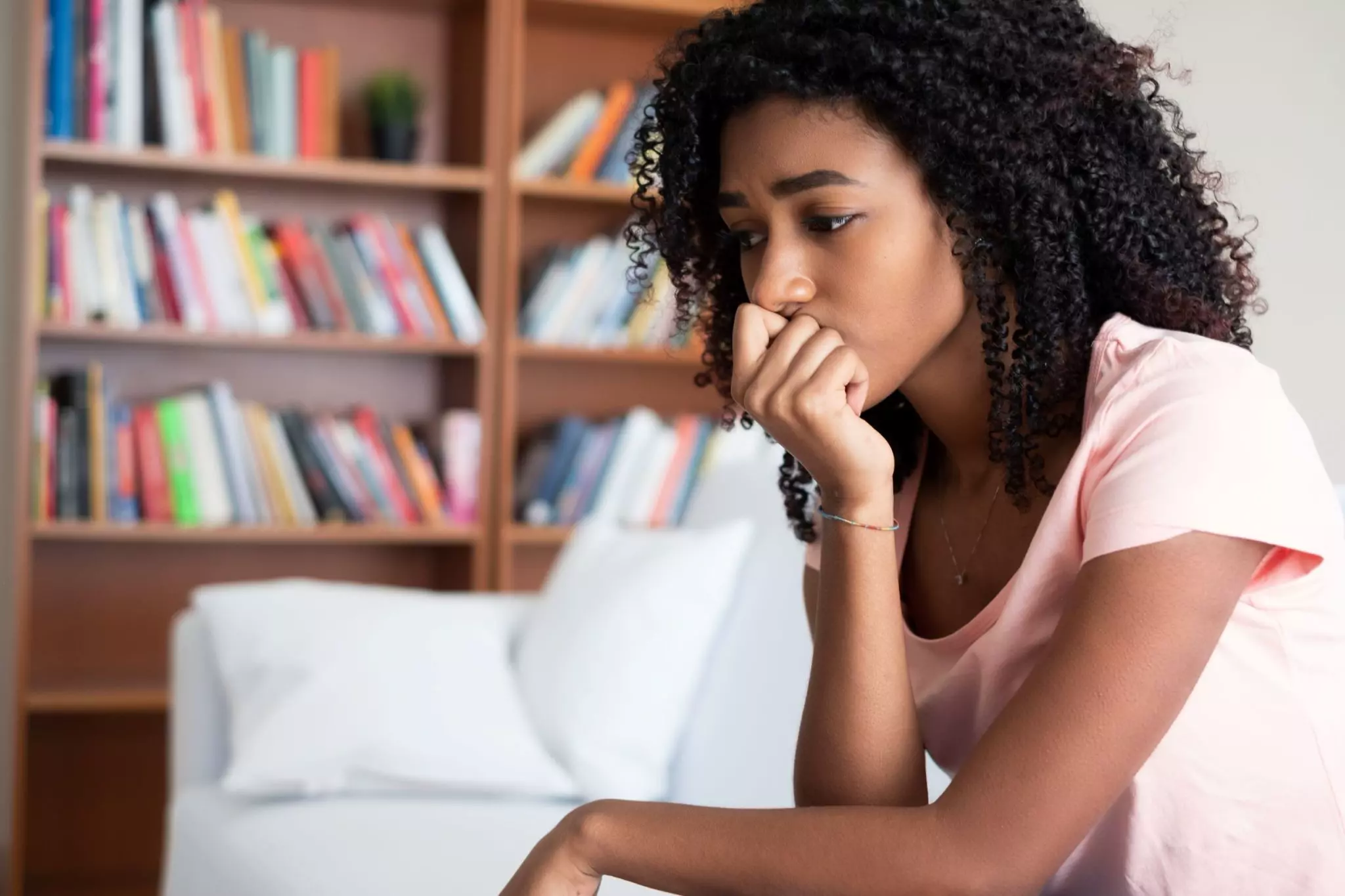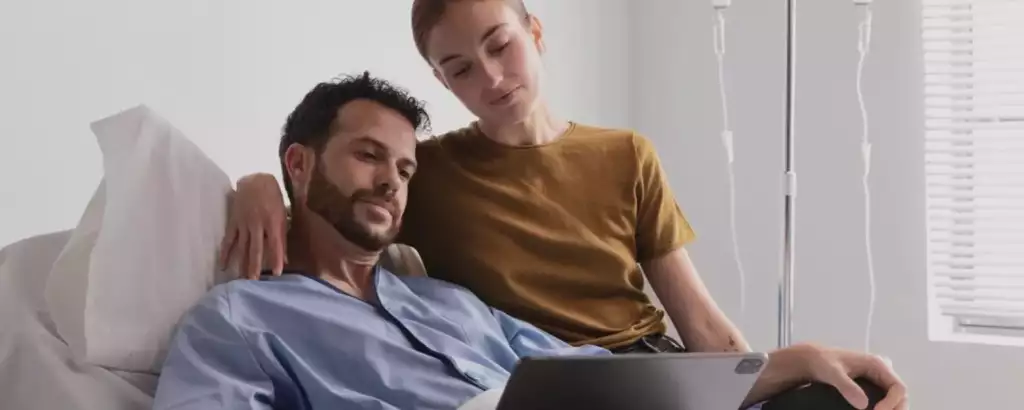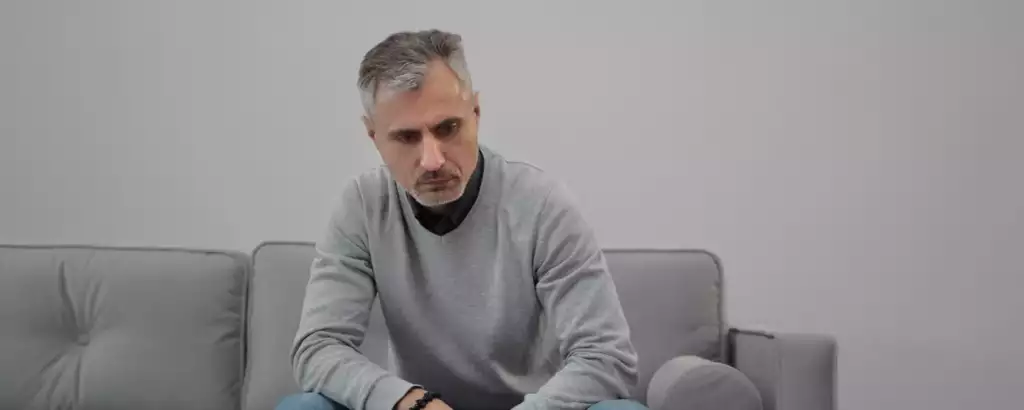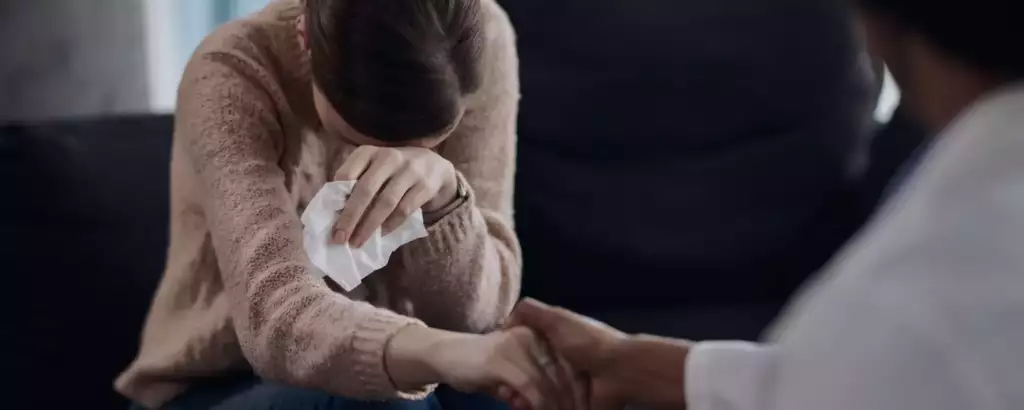COVID-19 is causing immense change in every aspect of our lives, from where we spend our days to who we interact with and even what we do. It’s disrupting social connections, hobbies, and even economic prosperity. All of this, naturally, is going to inspire stress and anxiety. Some amount of worry is unavoidable, but there are effective strategies to manage it. Let’s check them out below:
1. Get enough sleep
Getting plenty of rest and adequate sleep can do wonders in reducing fear and anxiety. Aim for a consistent schedule, getting at least eight hours of sleep each night. There are even sleep tracker apps you can install on your phone to get a better idea of how well you’re sleeping and ways to improve the quality of your rest.
2. Work out and stay active
Staying active while indoors can be challenging, but it’s not impossible. There are plenty of home workouts that you can do, and you can even live stream workout sessions hosted by fitness studios as an alternative while social distancing measures are in effect. Try to work out at least three times a week for thirty minutes or more. This will help you burn off stress and calm your nerves.
3. Maintain a healthy diet
In stressful times, it’s natural to let the quality of your diet slip and binge unhealthy treats and comfort foods. However, managing anxiety and stress requires a balanced diet composed of vegetables, meat, and grains. Vegetables, in particular, are full of nutrients and antioxidants that can help manage stress and anxiety better. Adopt a healthy diet and stay away from processed foods and foods high in sugar and fat.
4. Meditate
Taking time out of the day to calm your mind and practice mindfulness is an important way to manage stress and anxiety. There are many online meditation guides and breathing techniques that can help you relax your muscles, remove tension in the body, and clear your thoughts. Check out apps such as Calm or Headspace that are great for practicing mindfulness.
Adopt these strategies and you’ll be on your way to a clear, peaceful, and positive mental outlook during these challenging times. Stay safe, stay indoors, and wash your hands!












